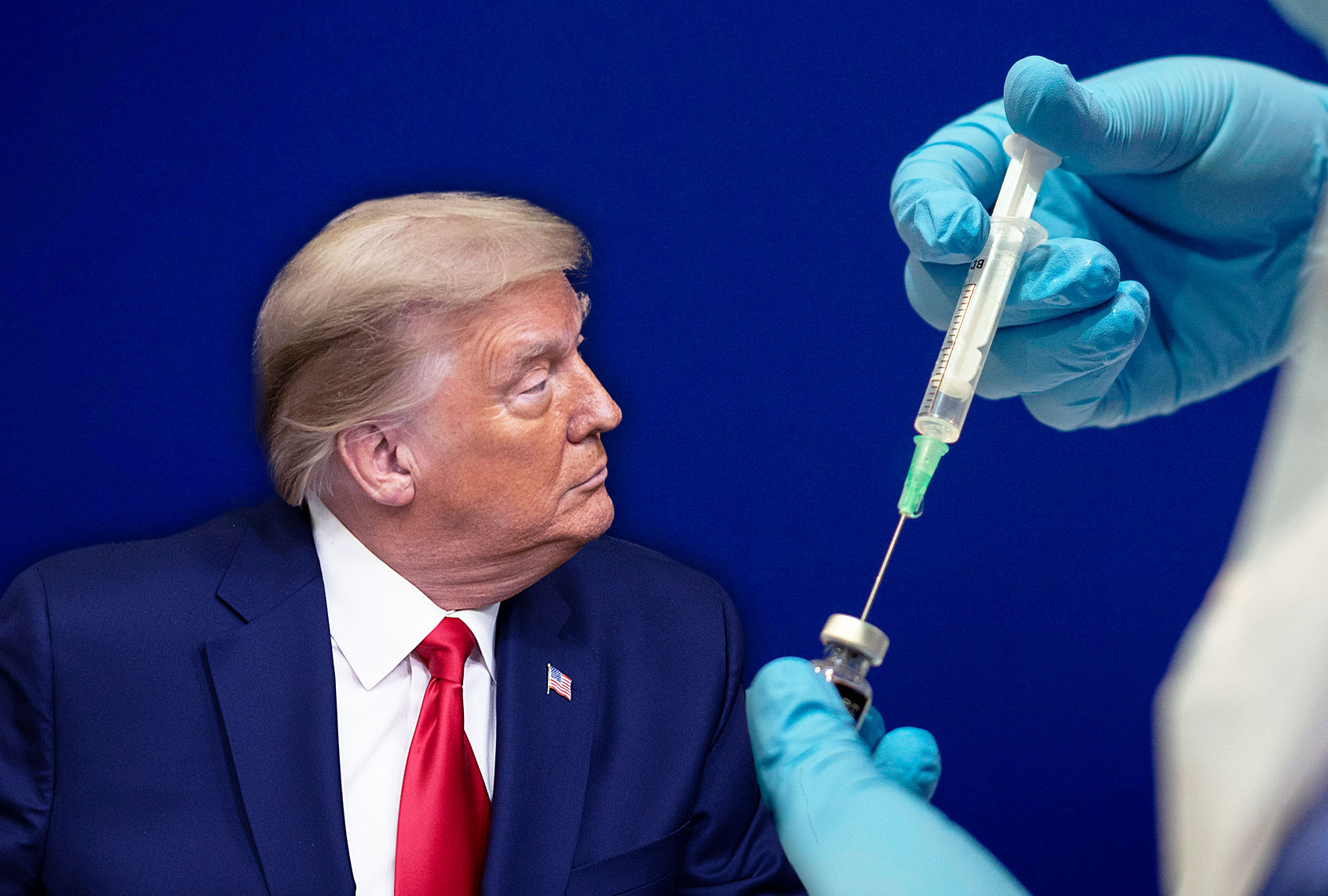Pharmaceutical giant Pfizer said on Thursday that it has “millions” of vaccine doses waiting for delivery instructions from the Trump administration after governors complained that their shipments would be drastically cut. Governors in more than a dozen states reported that the CDC informed them that next week’s shipments of the Pfizer-BioNTech vaccine would be significantly smaller than expected. The agency did not offer any explanation.
Officials in California Washington, Hawaii, and Nevada said that the CDC notified them that their allocation would be slashed by about 40%, The Associated Press reported. Michigan, Missouri, Connecticut, Georgia, Illinois, Kansas, Maine, Maryland, Montana, Nebraska, New Hampshire, and Indiana were also told to expect fewer doses than expected.
Nevada Gov. Steve Sisolak, a Democrat, said that states were not offered “any explanation whatsoever” for the cut, calling it “disruptive and baffling.”
“This is disruptive and frustrating,” Washington Gov. Jay Inslee, a fellow Democrat, said on Twitter. “We need accurate, predictable numbers to plan and ensure on-the-ground success.”
While the Trump administration has pointed to production issues, Pfizer says that is not the case.
“We have millions more doses sitting in our warehouse but, as of now, we have not received any shipment instructions for additional doses,” a Pfizer spokesperson said in a statement.
Florida Gov. Ron DeSantis, a Republican and Trump ally, also blamed a “production issue” on Tuesday after announcing shipments to the state were “on hold right now.”
“We don’t know whether we will get any or not,” he said.
Health and Human Services Secretary Alex Azar claimed in an interview with CNBC on Thursday that Pfizer had to cut its production from 100 million doses by the end of the year to 50 million. Azar told reporters that the company had recently informed HHS “about various challenges they may have in their manufacturing.” A senior Trump administration official also told The Washington Post that because the company’s production was slashed, fewer doses would be available.
But the company disputed the administration’s line.
“Pfizer is not having any production issues with our COVID-19 vaccine, and no shipments containing the vaccine are on hold or delayed,” a spokesperson explained in a statement.
The Trump administration told the AP that states would still receive their full allocations but “misunderstandings about vaccine supply and changes to the delivery schedule may be creating confusion.” One official told the outlet that initial projections were estimates, not official allocations and claimed that some state officials may have “misunderstood” that.
“They will get their weekly allocation, it just won’t come to them on one day,” an official said.
The officials told the AP that it planned to distribute only 2.9 million doses right away, which it did last week, while another 2.9 million doses were to be held at the company’s warehouse to guarantee that second doses of the two-dose vaccine would be available in four weeks for people that were vaccinated this week.
The Trump administration’s Operation Warp Speed aims to deliver 20 million first shots by the end of the year. Azar and other officials stressed that Pfizer’s vaccine was not the only one, with a similar vaccine from Moderna approved by a Food and Drug Administration panel on Thursday ahead of an expected emergency use authorization from the agency. About 5.9 million doses of the Moderna vaccine are expected to be rolled out next week if it is authorized.
Pfizer has committed to providing the US with up to 50 million doses by the end of the year and 100 million doses by the end of March. The company has said that the Trump administration turned down another 100 million doses. When officials tried to buy those doses later, the company said it had already committed them to other countries.
The Trump administration is now negotiating with the company to secure another 50 million doses, about half of the original amount, across spring and summer.
But this latest round of confusion has upended states’ plans.
Officials in Maine said their 40% cut meant they could not fully launch its program to vaccinate all long-term elderly care facility residents. “It’s 40 percent less than we were originally thinking,” Washington state Health Secretary John Wiesman told the Post. “We thought we were getting 74,100 and now we are planning for 44,850 doses.”
HHS spokesman Michael Pratt told the Post that Operation Warp Speed “will let states know how many doses are available to order against for the coming week.”
Wiesman said the weekly timeline meant that states cannot plan for long-term distribution. “We need to have some sense of what regular production is going to be, what the throughput of the manufacturer is so we can look more than a week ahead,” he told the outlet.
Senate Democrats have also criticized the administration’s handling of the vaccine rollout, notably its decision to pass on the additional 100 million Pfizer doses.
“We are concerned the failure to secure an adequate supply of vaccines will needlessly prolong the COVID-19 pandemic in this country,” a group of senators said in a letter to Operation Warp Speed letters, according to Politico, “causing further loss of life and economic devastation.”

